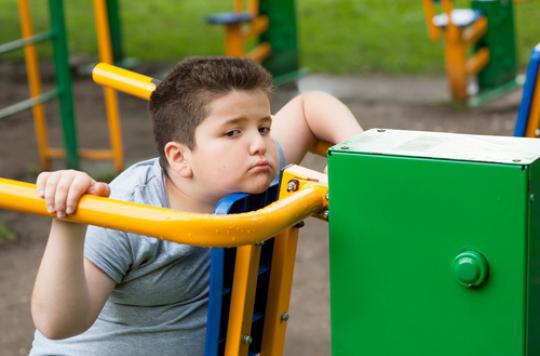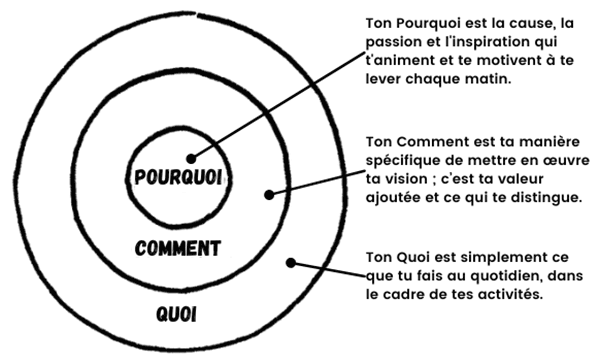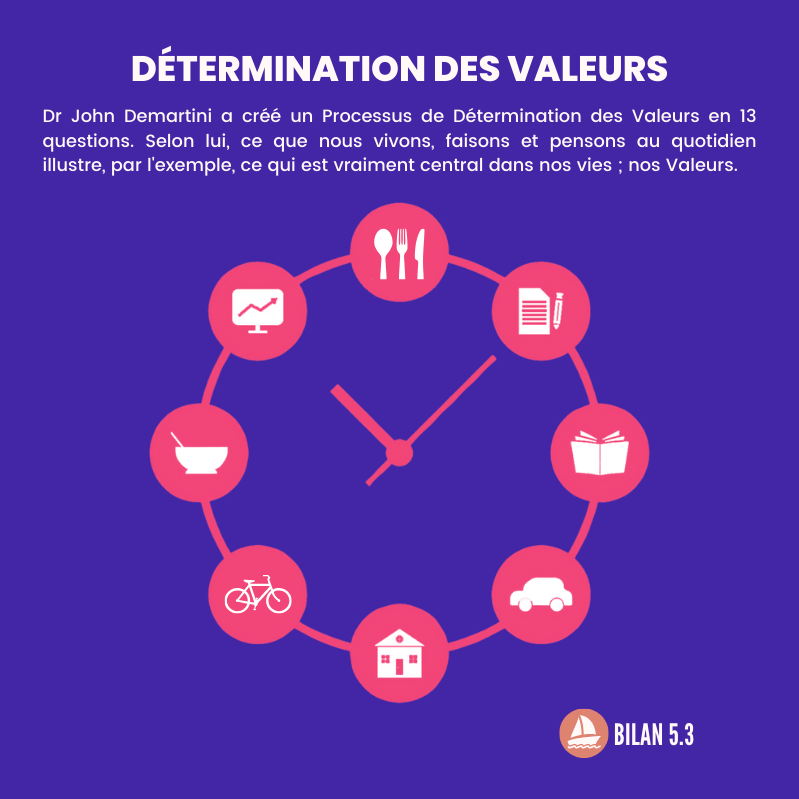Children perceived as overweight by their parents are more likely to gain weight, even if their actual weight is normal.

“Do not eat that, you will get fat”, “Do not tighten yourself, you have eaten enough”. Dear parents, do these words sound familiar to you? Did you say them yourself during meals for fear that your offspring might gain weight? If this advice starts from a good intention, it would nevertheless be counterproductive. According to a study published in Psychological science, children whose parents think they are overweight are much more likely to actually be overweight 10 years later.
By following the growth of nearly 3,000 Australian children, researchers at the University of Liverpool (Great Britain) and their colleagues at Florida State University (United States) have indeed found that a poor Children’s perception of weight would promote significant weight gain during childhood and adolescence.
The weight of parental gaze
The small participants were 4 or 5 years old at the start of the study. Their weight and height were measured, and showed a variety of build. Parents, for their part, were asked about their perception of their child’s weight. While many parents seem indulgent and underestimate their child’s overweight, a number find that their child has extra pounds.
At 12-13 years old, the children were again seen by researchers. This time, they asked the young participants to describe and compare themselves to pictures of people who are thin, normal weight, overweight or obese. They also asked them if they had ever tried dieting. Then at 14-15 years old, their weight and height were again measured.

The results show that children perceived to be overweight gained much more weight in 10 years than children perceived to be of normal weight. An association observed whatever the real weight of the children and their sex. In other words, a child of normal weight but considered overweight has gained more weight than a child whose parents have underestimated his extra pounds. These observations were also carried out in a cohort of 5,900 Irish families, specify the authors.
Screening thanks to the health record
“While parents’ perception is mentioned as a key element in the prevention of obesity and its treatment, recent studies suggest the opposite,” note Eric Robinson (Liverpool) and Angeline Sutin (Florida). When a parent feels that a child is overweight, that child has a higher risk of gaining weight in the future ”. The researchers speculate that these negative repercussions are linked to “the stigma associated with obesity and being overweight.”
To identify the first signs of obesity, it is better to refer to a reliable indicator: the growth curves in the health record. The pediatrician is also the professional best placed to help parents become aware of the child’s state of health.
.
















